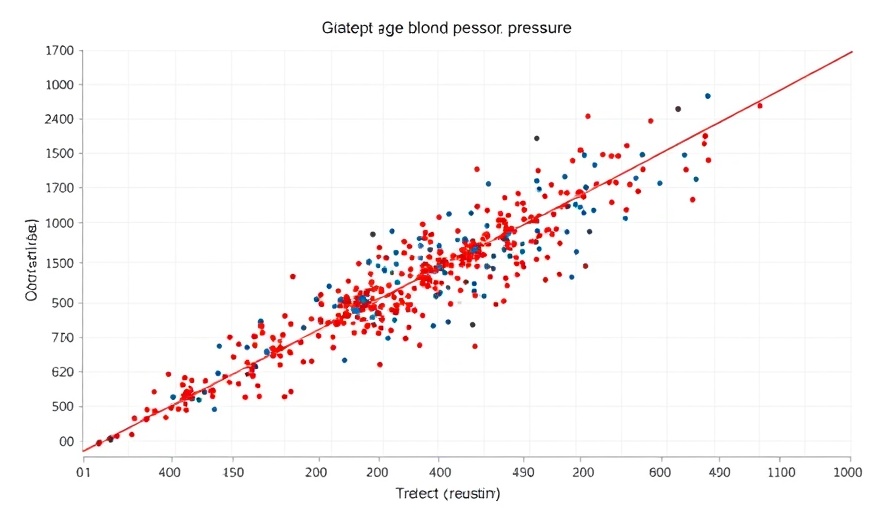
The Brain's Adaptability: Understanding Rewiring in Noisy Environments
As age progresses, many individuals find it increasingly challenging to decipher speech amidst the clamor of modern life. New research from the University at Buffalo reveals that specific brain regions undergo significant rewiring to counteract these auditory hurdles. At the core of this adaptation is the insula, a structure responsible for integrating sensory and cognitive information, as detailed in a recent study published in the journal Brain and Language.
Insights into Insula Functionality and Speech Recognition
The insula's role extends beyond mere hearing; it interlinks with the frontal lobe, which governs cognitive prowess. This complex relationship is paramount in understanding how our brain compensates for hearing difficulties. During the conducted study involving 40 participants aged 20 to 80, researchers sought to analyze the brain's resting state. Unlike previous studies that highlighted brain activity when performing tasks, this involved observing connectivity in the brain's resting state.
How Aging Affects Our Hearing and Brain Function
Aging is inextricably linked to hearing loss, with studies showing a progressive decline in auditory function as individuals grow older. The correlation between age and difficulties in understanding speech within noisy settings raises concerns regarding cognitive health. According to Dr. David S. Wack, the study's lead author and associate professor at the Jacobs School of Medicine and Biomedical Sciences, the brain compensates for such deficits by enhancing connectivity, particularly in the left insula. This compensatory mechanism may indicate a permanent rewiring of neural networks, emphasizing the brain's remarkable adaptability.
Implications for Health and Wellness
Understanding the brain's adaptive response has crucial implications for health and wellness, particularly concerning cognitive decline and the potential onset of dementia. The insula's changes in connectivity could serve as early indicators of cognitive impairment. Therefore, individuals experiencing difficulty in noisy environments should be encouraged to consult health professionals who can provide early interventions, including auditory training and cognitive therapies that may help mitigate these changes.
Future Directions: Keeping the Brain Healthy
The findings open avenues for more research exploring how lifestyle choices can support brain health as we age. Among strategies to maintain optimal health and wellness, engaging in regular physical activity, consuming a balanced diet rich in nutrients, remaining socially active, and addressing mental health can be beneficial. As our understanding of brain health evolves, so too can our approaches to preventing cognitive decline.
Actionable Steps for Enhancing Your Cognitive Health
In light of the evidence surrounding auditory processing and the brain's plasticity, individuals are encouraged to adopt proactive health measures. These may include:
- Regular Hearing Check-Ups: Identifying hearing issues early can lead to timely interventions.
- Cognitive Training: Mental exercises and brain games can help maintain cognitive function.
- Healthy Lifestyle Choices: Engaging in physical and social activities supports overall well-being.
Understanding the intricacies of hearing, cognitive health, and how they interact is crucial as we age. With the right approaches, it is possible to foster better brain health and maintain the quality of life.
Conclusion: Bridging Knowledge with Care
Encouragingly, our brains show remarkable adaptability in compensating for hearing difficulties, embodying the notion that we can still improve our cognitive well-being. Health and wellness remain pivotal to this journey. To delve deeper into topics surrounding health and wellness products, community resources, and personal wellness strategies, and participate in impactful health and wellness events in your area.
 Add Row
Add Row  Add
Add 




 Add Row
Add Row  Add
Add 


Write A Comment